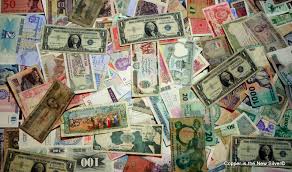Jeddah, Oct 14: Police in Saudi Arabia have busted a major hawala racket and arrested 32 from Jeddah on charges of money laundering.
 According to reliable sources, at least 20 among the arrested are Indians and many of them are South Indians.
According to reliable sources, at least 20 among the arrested are Indians and many of them are South Indians.
The accused, arrested in two separate cases, allegedly handled 9 billion Saudi Riyal in illegal money transfers, the police said.
Eight of them were released on bail while the trial of the remaining accused has been proceeding in a court here.
The accused Indians deposited the money in different accounts and transferred them through hawala networks in a year.
Several Saudi businessmen and bank employees who helped them to carry out the illegal transfers were among those arrested, the police said.
It is one of the biggest case under economic offences as per the crime records of Saudi Arabia.
Meanwhile, Saudi police have arrested one more Indian for suspected links with the IS. With this, the number of Indians arrested for terror links has risen to 20.





Comments
9 billion saudi riyal! That means almost 20 times more Indian rupees!! I cant imagine. This is greater than any Indian state budget. Are they investing in terrorism?
expats dig their own graves.
Add new comment